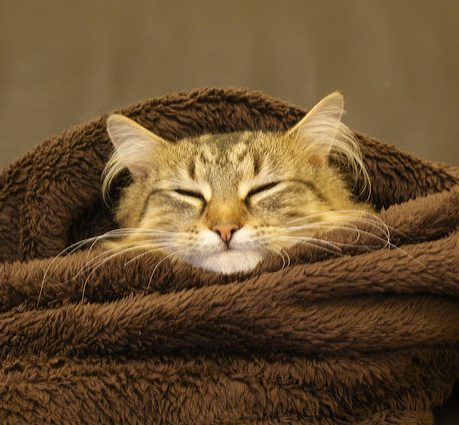 Unless you’ve had your head completely buried under the duvet in recent years, you can’t fail to have noticed that hygge is the mot du jour.
Unless you’ve had your head completely buried under the duvet in recent years, you can’t fail to have noticed that hygge is the mot du jour.
Hygge (pronounced ‘hoo-gah’ or ‘hue-gah’) is an integral part of Danish culture, especially during the long, dark, cold winter months. It’s also spawned numerous other words, including the adjective hyggelig (hygge-like).
But what exactly is it? And why doesn’t English have a word for it?
Origin and meaning of hygge
According to The Little Book Of Hygge, the word hygge first appeared in written Danish in the early 1800s. But it’s actually Norwegian in origin – meaning ‘well-being’.
This word may itself originate from the word hug, which comes from the 1560s hugge (‘to embrace’). Rather apt, seeing as hygge is often described as a good hug but without the physical comfort.
The book sums hygge up as “enjoying the atmosphere, comfort and pleasure that comes from being in good company, in front of the fire, with some mulled wine”.
Oxford Dictionaries defines it as “a quality of cosiness and comfortable conviviality that engenders a feeling of contentment or well-being”.
Equivalents in other languages
The nearest word we have in English for this concept of warmth, comfort, relaxation, friendliness and togetherness is cosiness. But this only encompasses some of the associations identified with it.
Several other European languages get closer, namely the Dutch word gezelligheid, the Norwegian word koselig and the German Gemütlichkeit. Canadians use the word hominess to describe a similar feeling.
Words that are hard to translate
There are many unique words in different languages that don’t have a direct translation.
Sometimes this is because what they’re describing simply doesn’t exist in other countries or cultures. Or there’s no need to have so many variants for it. A classic example being the multiple words for snow in the Inuit language.
Other times it’s because it’s an intangible concept like hygge that’s hard to describe in just one or two words – hence difficult to translate.
As a linguist and word nerd I find these ‘untranslatables’ fascinating, so look out for further investigations in coming months.
Meanwhile, it’s time to put the kettle on, slip on some comfy socks, maybe light a scented candle and get hyggelig…
Photo via Flickr under CC
Have your say